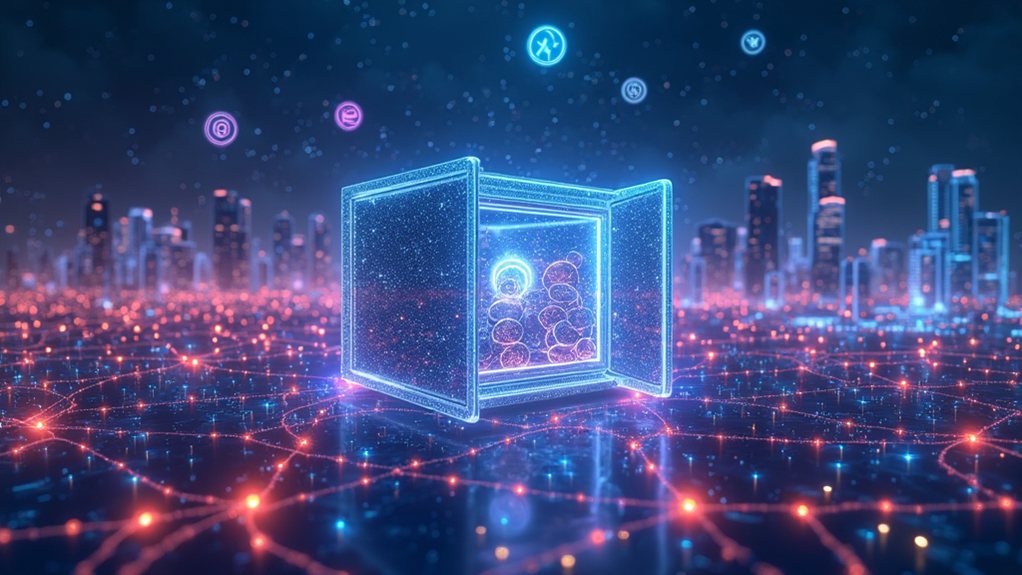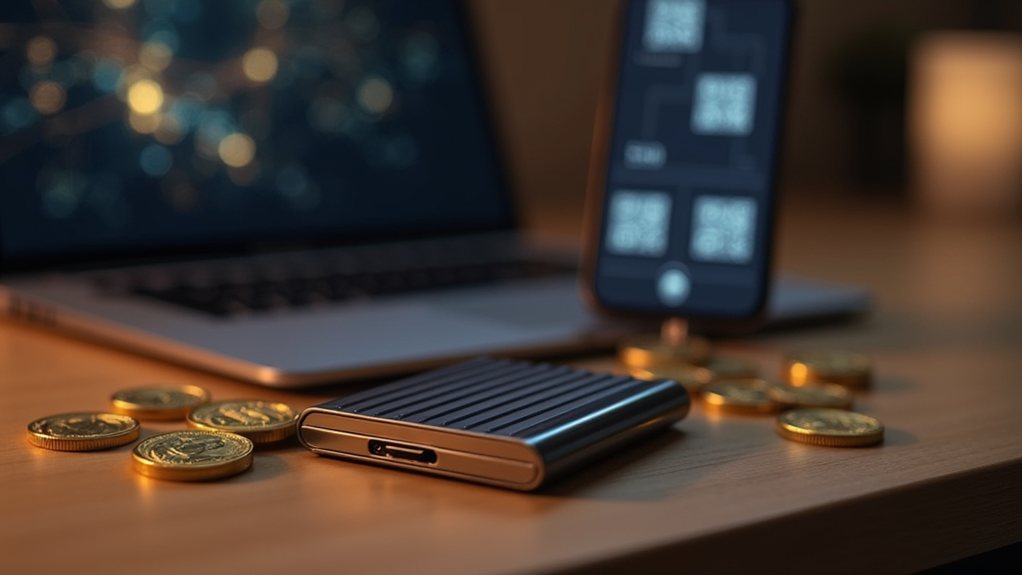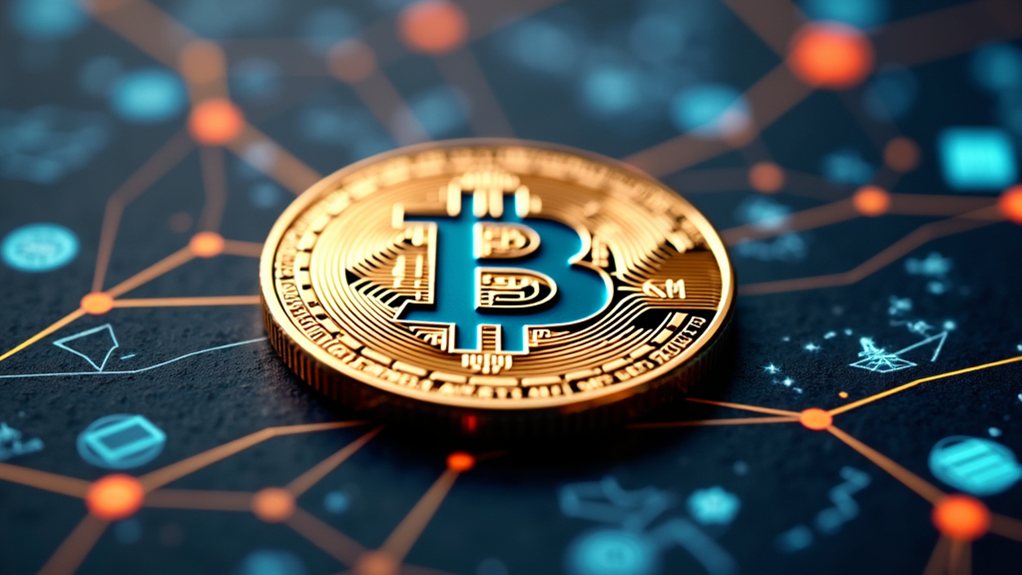A DAO (Decentralized Autonomous Organization) is a blockchain-based organization without central leadership. It's governed by its community through token voting on proposals. DAOs use smart contracts that automatically execute decisions once approved. Members collectively own and manage the organization's treasury of digital assets. They're used for investments, charitable work, DeFi protocols, and NFT communities. The transparent nature of DAOs creates new possibilities for collaborative decision-making.

Revolution in organizational structure has arrived through DAOs in the cryptocurrency world. A DAO, or Decentralized Autonomous Organization, represents a community-led entity that operates without any central authority. These organizations run on blockchain technology through smart contracts, which are pre-programmed rules that automatically execute when specific conditions are met. In a DAO, members collectively own and manage the organization, making decisions through proposals and voting rather than following orders from executives. Collective decision-making is fundamental to the DAO structure, empowering all members regardless of their position within the organization.
The foundation of any DAO consists of several key components. Smart contracts form the backbone by defining the rules and executing decisions automatically. Members receive governance tokens that grant them voting rights in the organization. These tokens represent ownership stakes and decision-making power. A DAO also maintains a treasury holding the organization's assets, which might include cryptocurrencies, NFTs, or other digital assets. The entire system operates on a blockchain, ensuring all activities remain transparent and cannot be altered.
DAOs typically use token-based voting systems where decisions require approval from a majority or supermajority of members. Some DAOs use a simple one-token-one-vote approach, while others implement more complex systems like quadratic voting, which gives more weight to widespread support rather than concentration of tokens. Members can often delegate their voting power to others they trust if they can't actively participate in all decisions. Voting weight is typically proportional to cryptocurrency locked in a voting contract, incentivizing greater participation from those with larger stakes.
Token-based governance gives DAOs democratic flexibility through various voting mechanisms, allowing members to directly shape organizational decisions.
The applications for DAOs span various domains. They're used as investment funds where members pool resources to invest in projects. Charitable organizations use DAOs to manage donations transparently. Many decentralized finance (DeFi) protocols employ DAOs for governance decisions. NFT collections create DAOs to manage community treasuries, and some groups even form DAOs for social or political activism.
People are drawn to DAOs because they offer complete transparency in operations. Anyone can view all transactions and decisions on the blockchain. They enable global participation without geographical barriers and reduce traditional organizational hierarchy. DAOs also align incentives between members through token ownership and automate many organizational processes.
However, DAOs face significant challenges. They exist in a regulatory gray area in many countries. They're vulnerable to governance attacks if someone acquires enough tokens. Large DAOs struggle with efficient decision-making, and rapid responses to emergencies can be difficult. Questions about legal liability remain largely unresolved.
Several prominent DAOs have emerged in recent years. MakerDAO manages the DAI stablecoin, while Uniswap governs a decentralized exchange. Compound and Aave are lending protocols governed by DAOs. Perhaps most famously, ConstitutionDAO raised over $40 million in an attempt to purchase a rare copy of the U.S. Constitution, showcasing the fundraising power of these new organizational structures.
Frequently Asked Questions
How Are DAOS Taxed Across Different Jurisdictions?
DAO taxation varies worldwide with no consistent approach.
The U.S. often treats DAOs as partnerships, while Wyoming and Tennessee allow DAO LLCs.
Switzerland recognizes DAOs as taxable associations.
Malta and Estonia offer blockchain-friendly regulations.
In Asia, Singapore is developing frameworks while Japan classifies tokens as crypto-assets for tax purposes.
Offshore locations like Cayman Islands and Marshall Islands provide tax advantages through specialized DAO legislation.
Can DAOS Be Held Legally Liable for Member Actions?
DAOs can be legally liable for members' actions, depending on how they're structured.
Recent court rulings in California treat unregistered DAOs as general partnerships. This means members might share responsibility for the DAO's actions.
The CFTC vs. Ooki DAO case established that voting members could be held liable.
Some jurisdictions like Wyoming offer legal protections, but most places still lack clear laws on DAO liability.
What Happens to a DAO if Its Native Token Crashes?
When a DAO's native token crashes, the organization faces several challenges. The treasury value drops, making it hard to fund projects.
Voting power becomes concentrated among fewer members. Participation in governance decisions typically declines.
The DAO may struggle to maintain operations or pay contributors. In severe cases, the organization might become insolvent.
Some DAOs implement emergency measures, explore new funding, or consider mergers to survive the crisis.
How Do DAOS Protect Against Hostile Governance Takeovers?
DAOs protect against hostile takeovers through several defenses.
They limit voting power by implementing token lock-up periods and setting maximum limits per address.
High proposal thresholds require significant token holdings to submit changes.
Security measures include third-party audits and bug bounties.
Emergency pause functions can stop suspicious activities.
Many DAOs also use time delays between proposal submission and voting to allow community response to potential threats.
Can Traditional Businesses Effectively Transition Into DAOS?
Traditional businesses can shift into DAOs, but it's not simple. Companies must overcome legal hurdles, train employees on blockchain technology, and reshape their decision-making processes.
Some businesses have successfully made this shift by implementing clear strategies and gradually adopting decentralized principles. The shift offers benefits like increased transparency and community involvement, but requires careful planning to address regulatory concerns and governance challenges.














